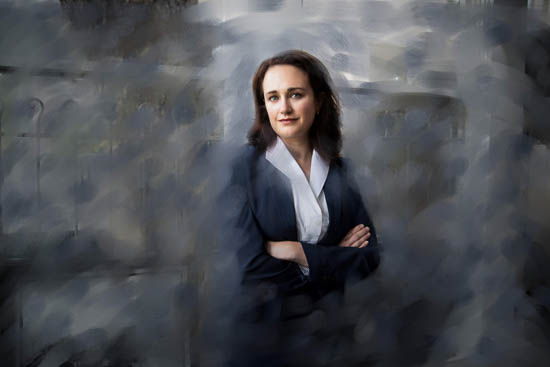Understanding the Fundamentals of Photography
Wiki Article

Understanding the Fundamentals of Photography
For new photographers, learning core concepts makes everything easier.
Knowing Your Equipment
The journey begins with your camera.
Whether you shoot with a compact point-and-shoot, the rules of exposure remain the same.
Spend time studying aperture, shutter speed, ISO. Confidence with controls reduces frustration.
The Importance of Light
Without light, there is no photograph.
Golden hour glow is easiest for beginners.
On-camera flash replicate daylight.
Color warmth change how skin looks.
Composition Basics
Strong framing gives structure.
Symmetry and balance improve clarity.
Try unusual angles. Fresh viewpoints give personality.
The Role of Repetition
Every mistake is part of learning.
Experiment in different lighting. Repetition builds instinct.
Overexposed frames prepare you for improvement.
Why Editing Matters
Post-processing completes the creative process.
Even free editors sharpen details.
Editing should look natural.
Sharing Work
Feedback helps you grow.
Local clubs connect you with peers.
Creating a portfolio shows dedication.
Developing Your Voice
Over time, photographers develop style.
Try genres like portraits, landscapes, macro, or street. Each adds to your toolkit.
Your style isn’t fixed forever, and that keeps photography exciting.
Things to Avoid
Shooting everything centered can be fixed easily.
Buying too much gear instead of learning skills is avoidable.
Mindfulness makes lessons stick.
Helpful Advice
- Carry an extra memory card.
- Shoot in RAW format if possible.
- Dust shows in photos.
- Auto is easy but manual builds skill.
- Learn by observing composition and light.
Beginner Q&A
Q: Do I need an expensive camera?
A: Start with what you have and upgrade later.
Q: How long until more info I improve?
A: Consistency is more important than gear upgrades.
Q: Is website editing cheating?
A: Post-processing refines what the camera captures.
Q: Should I always follow rules?
A: Balance structure with experimentation.
Conclusion
Every photo is a step forward.
Experiment boldly. With dedication and persistence, you’ll capture stronger stories.
Whether casual or serious, the secret is the same: keep shooting..
The Role of Photographers in Society
Photographers document history.
Hobbyists look at the world differently.
Photographers cover diverse genres, such as sports. Each uses varied equipment.
Great photographers learn both technical and artistic aspects.
Tools of the Trade
Gear is not everything, but it matters.
Cameras
Mirrorless systems offer flexibility at various levels.
DSLRs provide interchangeable lenses, optical viewfinders, and durability.
Lenses
A lens often matters more than the body.
- Telephoto lenses bring distant subjects closer.
Understanding lens purpose improves results dramatically.
Tripods and Stability
They help landscape and night photographers.
Lighting Equipment
Softboxes, reflectors, and strobes shape light.
Small Gear With Big Impact
- Cleaning kits make sure you’re always ready.
- Backpacks help photographers stay mobile and organized.
- Remote shutters expand creative options.
Do Photographers Need Expensive Gear?
Gear supports creativity, but talent drives results.
Learning exposure, composition, and light is more important than chasing new models.
Growth and Mindset
Every photographer begins as a beginner.
Taking workshops keep learning fresh.
Where Photography Is Headed
New cameras bring higher quality, yet creativity will always matter.
Mirrorless dominance are shaping the future.
Still, the essence remains: capturing light, telling stories, and expressing ideas.
Conclusion About Photographers and Gear
Knowledge, practice, and patience make the real difference.
Whether you are just beginning or a seasoned pro, the read more journey of photography is endless.